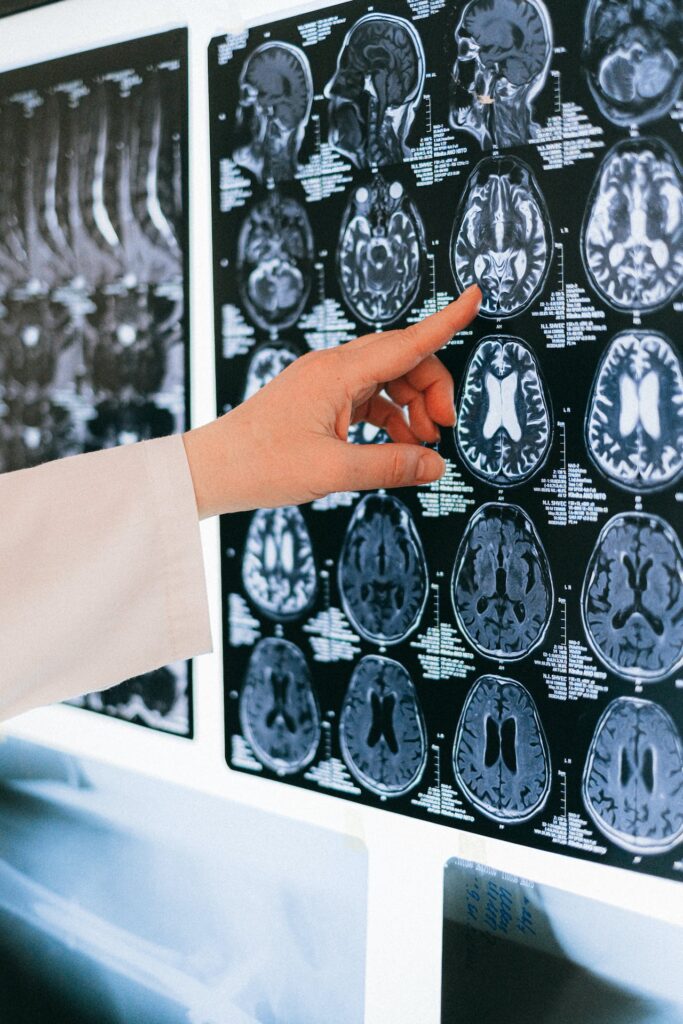Elon Musk, the tech visionary behind Tesla and SpaceX, has once again grabbed headlines with a bold move: implanting a brain chip in a human for the first time. This groundbreaking achievement, announced in January 2024, by his neurotechnology start-up “Neuralink”. This has ignited a firestorm of excitement, apprehension, and ethical questions.
Let us dive deeper into the details and explore the potential implications of this monumental step.
What is Neuralink and its Brain Chip?
Neuralink aims to create a brain-computer interface (BCI) that seamlessly connects the human brain to external devices. Their brain chip, aptly named “Link,” is a tiny, coin-sized device implanted surgically in the motor cortex of the brain. This implant uses thousands of ultra-fine threads to record and transmit neural activity, essentially translating thoughts and intentions into digital signals.
The First Human Implant: A Glimpse into the Future?
The first human recipient of the Link is reportedly recovering well, with initial data showing promising neuron spike detection. This success marks a significant milestone in the field of BCI technology, potentially paving the way for a future where brain-computer interaction becomes commonplace.

Potential Applications: A World of Possibilities
The potential applications of Neuralink’s technology are vast and mind-boggling. Here are a few examples:
- Restoring lost abilities: Imagine helping individuals with paralysis regain control of limbs or speech through thought commands.
- Treating neurological disorders: Neuralink could potentially revolutionise the treatment of Parkinson’s, Alzheimer’s, and other neurological conditions by directly stimulating or inhibiting specific brain regions.
- Augmenting human capabilities: Imagine directly controlling devices with your mind, enhancing memory and learning, or even experiencing augmented reality.
Ethical Considerations: A Pandora’s Box?
While the potential benefits of Neuralink are undeniable, ethical concerns abound. Some key questions include:
- Informed consent: Can individuals truly understand the long-term implications of brain chip implantation?
- Data privacy and security: How will the sensitive data collected from the brain be stored and protected?
- Equity and access: Who will have access to this technology, and could it exacerbate existing social inequalities?
- Mind control and hacking: What are the potential risks of manipulation or hacking of the brain-computer interface?
The Future of Neuralink: A Balancing Act
The successful implantation of the Link in a human mark a pivotal moment in the history of technology. However, it is crucial to acknowledge the ethical concerns and ensure responsible development and deployment of this powerful technology. We must strive for a future where Neuralink benefits humanity, guided by ethical principles and open dialogue.
Beyond the Hype: A Call for Responsible Innovation
While the media frenzy surrounding Neuralink is understandable, it is important to move beyond sensationalism and engage in thoughtful discussion. We must carefully consider the potential risks and benefits, asking ourselves: are we ready for a world where brain-computer interfaces become commonplace? Only through open dialogue and proactive measures can we ensure that this technology serves humanity in a positive and responsible way.
